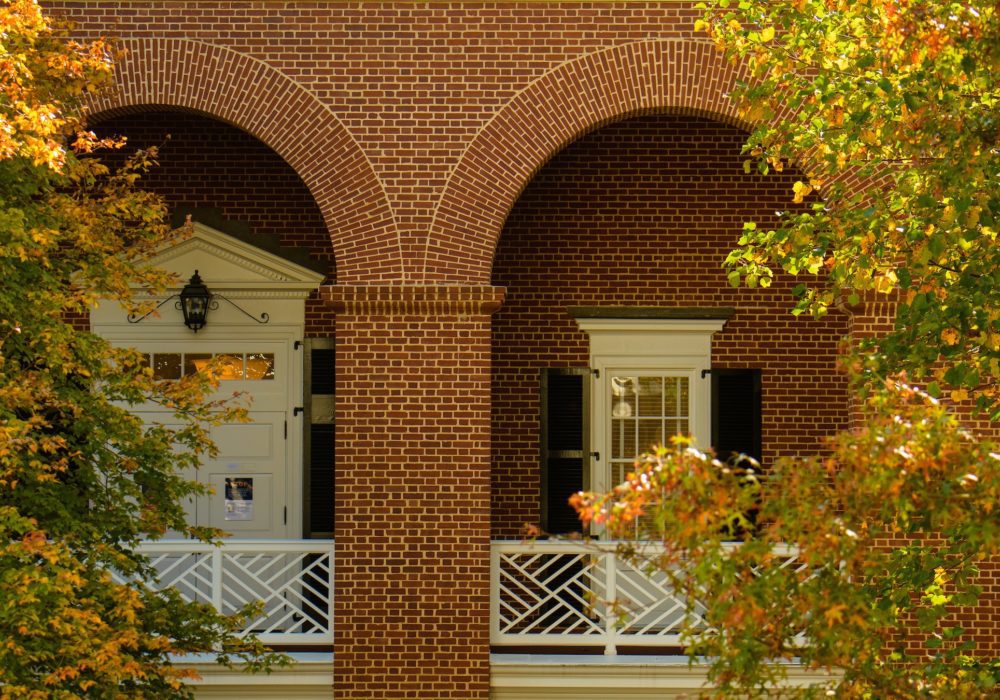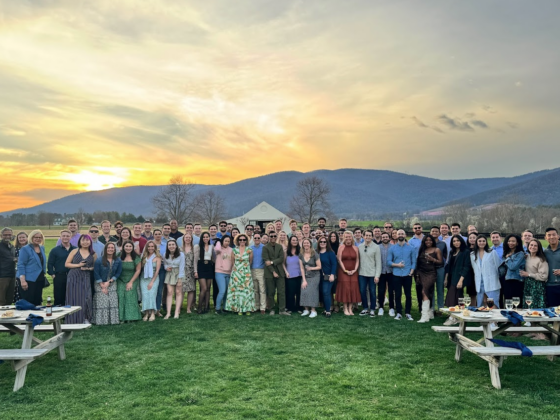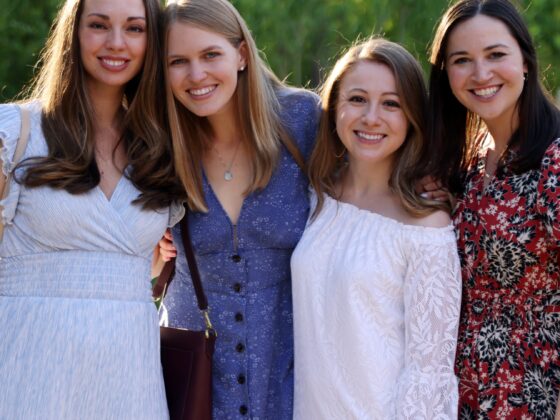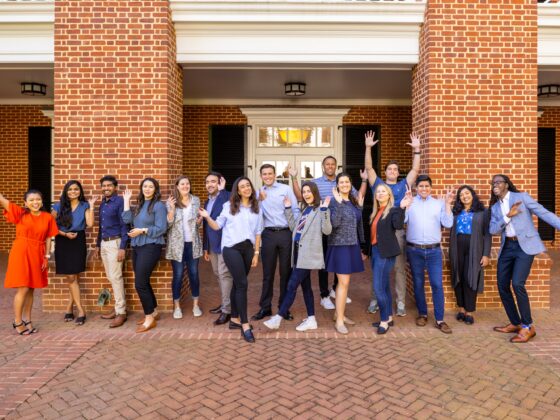Today’s post authored by Second Year student Daniel Weidman (Class of 2021). Weidman is a member of the Second Year Admissions Committee, a group of students who work alongside Darden’s Admissions team to recruit future classes of MBA students. This group of students also serves as informal ambassadors to the Darden experience, lending their own knowledge and expertise to prospective students and applicants.
By Daniel Weidman:
In addition to top-notch classes, esteemed faculty, and a unique learning experience, Darden offers a host of clubs, groups, and extracurricular organizations in which you can (and should!) choose to be a participate. These organizations may be related to careers, technical areas, interests, lifestyles, and many more. During your first year at Darden, you should participate in as many as you can to get the richest experience that the school has to offer. When your second year rolls around, you will get the chance to take the reigns from the previous year’s student leadership and make the
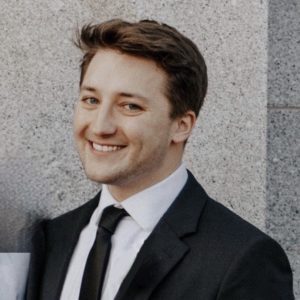
experience as good, or even better, for the subsequent class of students!
Throughout Darden’s history, there have been dozens of organizations that have been created and carried on, but that doesn’t mean that every area of interest has been addressed. If you find that there is an unmet area that no current organization addresses, the support to fill that gap is readily available. Pranav Dalmia is a Second Year student who recently started Business Ethics at Darden (B.E.D.). I sat down with him to learn more about this new organization and the process that he went through to bring it to life.
Daniel: Could you tell me a little bit about why you chose to start Business Ethics at Darden?
Pranav: I was aware even before I arrived at Darden that it was one of the leaders among business schools in promoting a unified conception of business and ethics. That was one idea that I was really interested in exploring. My curiosity stemmed in large part from the dominant influence that business and philosophy have had in my life.
When I arrived here I spoke to faculty who were thought leaders in the field and learned about the amount of research that they’d done, and the impact that they’ve had, but realized there wasn’t a student organization that was engaging with those ideas to promote them in a way that might have some more impact in the student community, and I thought – why not take that on myself? And voila! The Business Ethics club was founded.
Daniel: And Voila! So from the time when you had the idea, until you formed the club, how long did it take and how much effort did you put into it?
Pranav: I got the conversations started 3-4 months into arriving at Darden. I spoke to the Office of Student Affairs and got the green light that they were okay with the idea, and I started having informal chats with some of our faculty. They also encouraged me to go ahead with the idea, so I knew their support was there as well. But I had these conversations in either November or December, and then things got really crazy with recruiting, interviews, and COVID, and I put it on hold for a few months until I found the time to take it up again.
The process after that was to present the idea of the club and the events we would engage in. After getting those materials together, and finding a faculty advisor, I went to present my pitch to the rest of the club presidents who put the decision to a vote. If you get a majority of the votes, the club is founded. From what I’ve heard, club presidents rarely vote against a new club.
Finally, you’re ready to start working to get the club off the ground by recruiting other students for club leadership and then planning out the year together.
Daniel: What were the financial aspects you had to consider when founding the club?
Pranav: During the approval process, you do need to show that the club has enough financial resources to support the activities that it’s going to be engaging. Now, Darden and UVA provide a lot of support on that front, but you do need to create a budget and a projection for the next few years in terms of the club being financially viable.
Daniel: What are some core aspects that you want the club to carry and hold onto years after you have left?
Pranav: I think there’s only so much that can be done in a year, and if you want your club to do something meaningful it’s important to ensure that it’s sustainable. For me, as much as I’m interested in doing a lot of things this year, it’s almost equally important to be putting systems in place – having events that can be repeated in successive years and cultivating personnel from this year’s First Year students who can take over the leadership positions are two key objectives that are frequently top of mind.
There’s so much support from within Darden if you have an idea that appeals to you and a large group of your classmates. I’m very grateful that mine did. Once you have the right support from Darden and your fellow students, it’s fairly easy to get something great started. Once you’ve done that, your next objective should be to make it sustainable so that years later, the foundation that you established has grown.
Be sure to consult the Latest News regularly for the most updated news releases and media hits. Check out faculty thought leadership published on Ideas to Action. And stay connected with us via social media: Facebook, Instagram, LinkedIn, Twitter, WeChat

